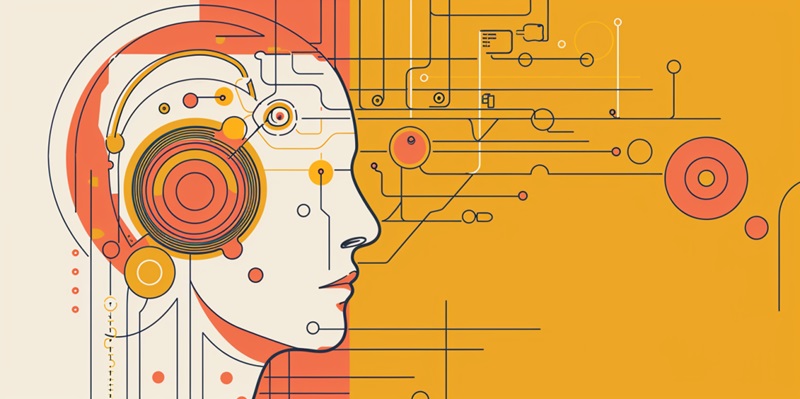Following a strategic move to refine its corporate governance and streamline operations, OpenAI has transferred the responsibilities of its promising Startup Fund from CEO Sam Altman to Ian Hathaway. As of 2021, the fund has made a notable impact on the early-stage AI startup landscape, leveraging a $175 million pool of capital that has since burgeoned to an impressive $325 million. This milestone not only reflects OpenAI’s successful investment track record but also underpins the organization’s commitment to fostering innovation within the burgeoning AI industry.
Hathaway, whose breadth of experience has been instrumental since joining OpenAI, will now oversee the fund’s forward trajectory. His tenure has been marked by a series of insightful investments across diverse sectors, such as healthcare, legal tech, and educational platforms. His stewardship is expected to yield a more cohesive and strategic approach to backing nascent AI enterprises, a move that also serves to alleviate any lingering concerns of conflicts of interest from Altman’s previous dual role.
Enhancing Corporate Integrity and Industry Influence
OpenAI’s recent reorganization reflects a wider trend in tech to separate leadership roles from investment decisions, aiming to uphold the integrity of their ventures. This move is essential as technology companies grow and increasingly affect daily life, necessitating a balance between profit and ethical responsibility.
The appointment of Hathaway to spearhead OpenAI’s Startup Fund exemplifies this shift towards transparency and accountability, ensuring that governance keeps pace with the company’s growth. This strategic decision underlines OpenAI’s commitment to fostering AI technology with a positive societal impact while maintaining careful oversight. OpenAI’s strategy adjustment symbolizes its long-term dedication to developing AI in a beneficial and responsible manner.

